Description
ABSTRACT
Attorney General of Rivers State v Federal Inland Revenue Service: Which Level of Government in Nigeria Has the Power to Impose or Collect Value Added Tax?
Jirinwayo Jude Odinkonigbo*
Since the inception of the Constitution of the Federal Republic of Nigeria, 1999 (as amended), there have always been debates over the taxing powers of the different levels of government in Nigeria. At the centre of the fiscal dispute is the debate over which level of government has the power to collect Value Added Tax. For the first time and contrary to a prevailing general perception in the country, the Federal High Court in Attorney General of Rivers State v Federal Inland Revenue Service & Attorney General of the Federation held that the Federal Government of Nigeria does not have the power to impose and/or collect value-added tax. The court decided that only a State Government or any of its agencies is empowered under the Constitution to collect value-added tax. This decision has generated controversies, igniting interests in all sectors of Nigeria’s economic and political lives. Expectedly, the Federal Government has lodged an appeal before the Court of Appeal seeking to reverse the decision. Considering the importance of this decision to both parties and the public, this matter is likely to travel up to the Supreme Court of Nigeria. In this piece, we reviewed this all important decision, highlighting its pros and cons and offering suggestions on how the legal impasse could be resolved according to the spirit of the Constitution.
Keywords: Nigeria, Fiscal Dispute, Taxing Powers, Value Added Tax, Constitution
INTRODUCTION
Recently, in the case of Attorney General of Rivers State v Federal Inland Revenue Service & Attorney General of the Federation,1 the Federal High Court (“FHC”)2 sitting in Port Harcourt rendered a ground-breaking decision currently agitating the minds of everyone in the country. The decision appears to have revived the lingering debate over fiscal federalism in Nigeria and the unsettled issues of taxing powers of the centre (Federal Government) and the component States within the Federation. Equally, the decision impliedly questions the nature of federalism or rather unitarism that Nigeria practices. Other relevant underbellies of the decision, which our brief analysis considered, are: (1) whether in light of current judicial pronouncements on the powers of the National Assembly to exclusively legislate on matters contained in Chapter II of the Constitution of the Federal Republic of Nigeria, 1999 (as amended) such have overtaken or rendered useless the “residual powers” traditionally preserved for component States in a true federal arrangement.
* PhD (Osgoode); LL.M (Yale); LL.M (Dalhousie); LL.B (Enugu). Counsel at Templars and a Senior Lecturer, Faculty of Law, University of Nigeria.
- Suit No: FHC/PH/CS/149/2020 (FHC Port Harcourt, 9 August 2021)
- Presided by Hon. Justice Stephen Dalyop Pam. Finance Act 2020

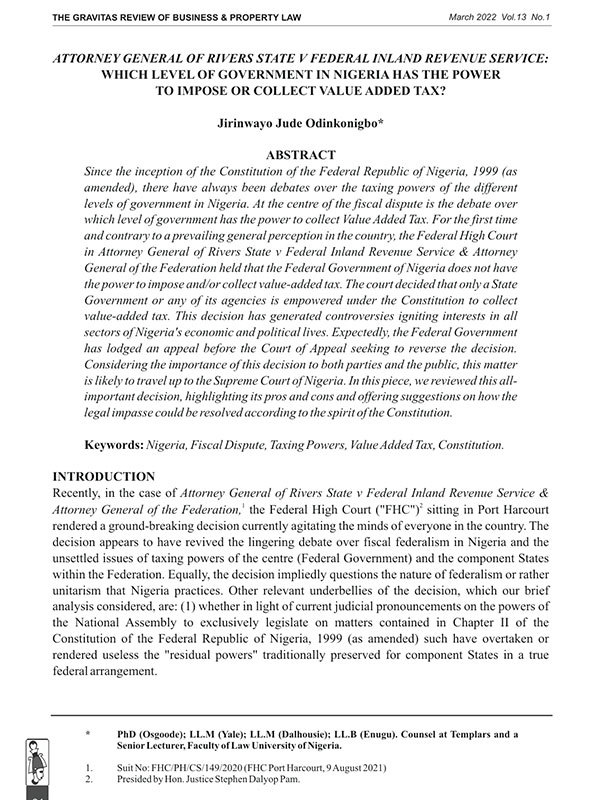
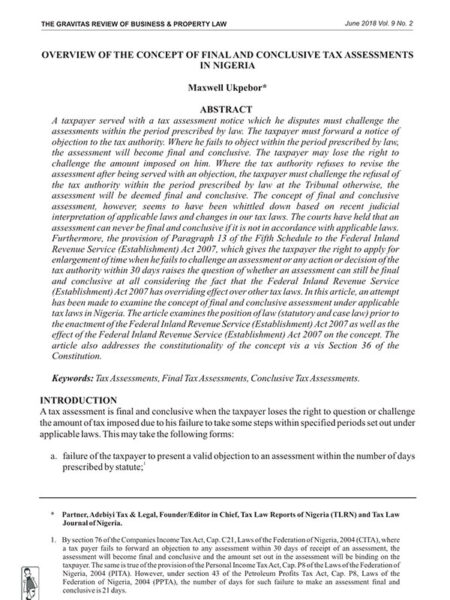
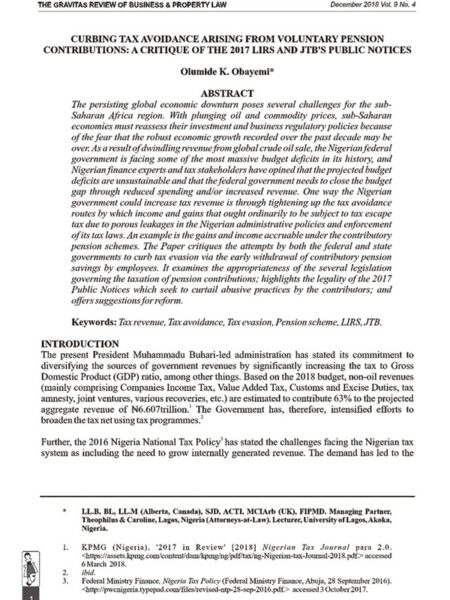
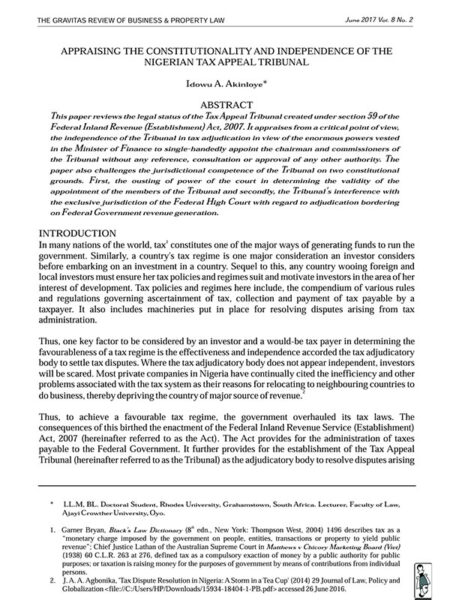
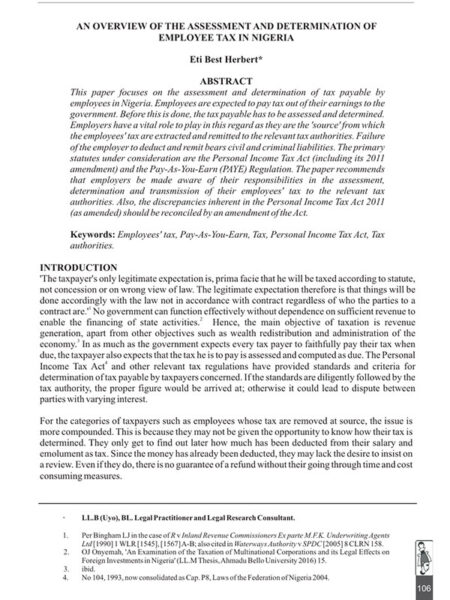


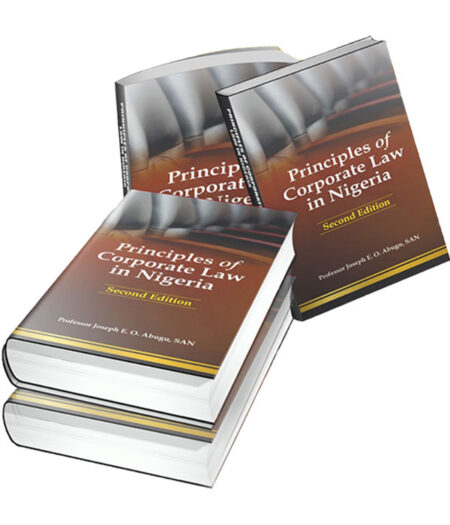
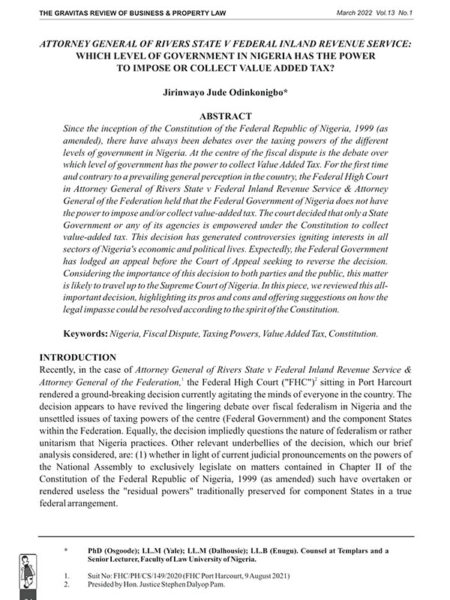
Reviews
There are no reviews yet.